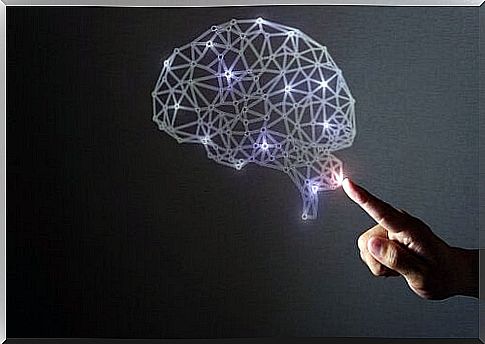Neurohappiness, Also Called The Science Of Happiness

Neurohappiness, also called the science of happiness. Just reading the title is enough to spark your curiosity, just like a child seeing a magic trick. Suddenly we notice that the word “happiness” does not stand alone, attributed to an elusive emotional state. New. Here it is a state connected to the body. ‘Neuro’ is a prefix that refers to the nervous system.
Emotions depend on the activity of the brain. They are essential for the survival of any individual. However, they are characterized by two aspects. One is that emotions produce a subjective sensation. The other is that they are usually accompanied by an external manifestation. In this way , happiness manifests itself internally as a feeling of well-being and externally by creating forms of expression of this well-being, which usually generate positive feedback.
Happiness and the nervous system
Usually, when one has to define and explain this emotion, he associates it with the realm of our emotions. We link it to the satisfaction and dissatisfaction of a desire or a fulfilled dream. However, this emotion presents itself on a metaphysical level. It’s not something we can touch, keep in the closet, and put on every morning. It is somewhat variable, uncontrollable, in most cases linked to an external experience.

But we are not aware that this emotion does not come from the experience itself. It is the by- product of a chemical process in the nervous system. It is based on the body. Our bodies are producers of happiness. It doesn’t just come out of nowhere, as a divine consequence. It is a chemical reaction to our experiences and their correspondence to our conception of reality.
The chemicals of happiness
You may be wondering what a chemical reaction is and how our conception of reality plays a major role in the degree of happiness we experience. The answer to these two questions is simple. On the one hand, we have happy hormones : endorphins, serotonin, dopamine and oxytocin. When we refer to chemical reactions, we are talking about when these hormones act in the nervous system. They are associated with positive emotions : love, pleasure, blocking pain, etc.
On the other hand, we have our concept of reality. This is a psycho-social construct that has been adapting since childhood. It is usually determined by our first experiences. A construction that determines our future. The way we look at reality affects our relationships and therefore our biological production of happiness.
Theorizing and building a long-lasting well-being
Talking about neurohappiness, or the science of happiness, means theorizing about your sense of well-being. This means that we are laying real foundations for understanding happiness. And that we are increasingly able to create strategies that enable us to be happy. According to the science of happiness, it is possible to build a form of happiness that does not depend on the experience itself. To achieve this, we simply need to transform the chemistry in our brain and our perception of reality.

In other words, we may begin to see the glass ‘half full’ instead of ‘half empty’. And this change in our mindset will transform our brain’s ability to produce chemicals related to our well-being. The brain will be able to produce an inertia and an origin that will maintain this emotional state over time.
Neurohappiness – a new concept
This new perspective on happiness allows us to achieve a long-lasting sense of well-being. That is, we know it’s within our reach. It is something that we can acquire and perpetuate over time. We can also transform it into a tangible reality.
All this includes methods and exercises that allow us to generate these hormones, awakening the cerebral circuits designed to give us a sense of well-being. The key is to be able to activate those circuits voluntarily. In this way we can be the producers of our own happiness.
Is neurohappiness the science of happiness?
We can answer this question with a definite ‘yes’. There is an essential link between our positive emotions and our nervous system. That is, we can explain and theorize happiness by focusing on the chemical reactions that take place in the brain.

Moreover, this view also redefines our happiness. It tells us that our emotions are not dependent on how much money we save or on the success we achieve. It is much more conditioned by a biological process. This is the plane that creates and regulates this emotion. This process is then influenced by the way we perceive reality. And at the same time, it also determines the way we see reality. In that sense, happiness is a path we can choose to take.









